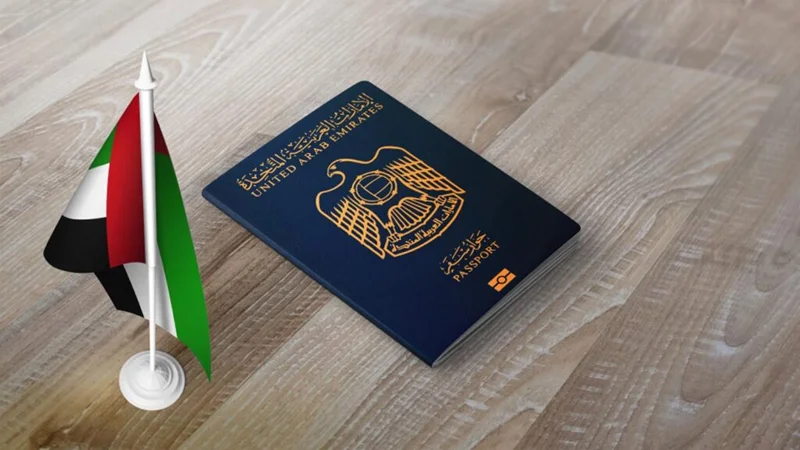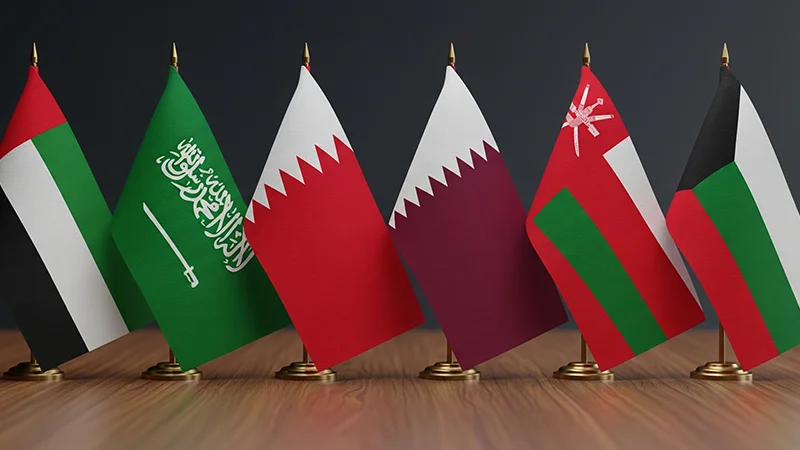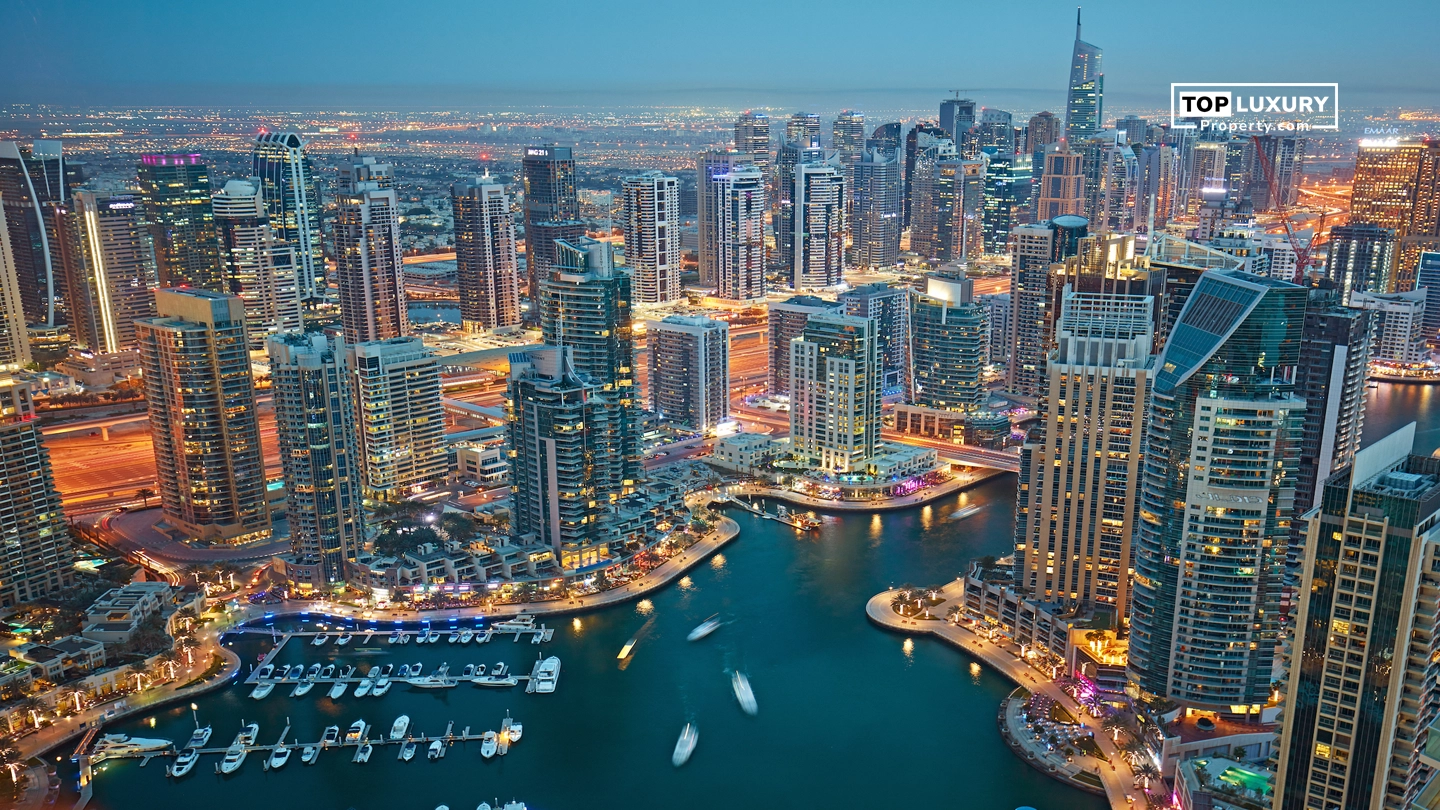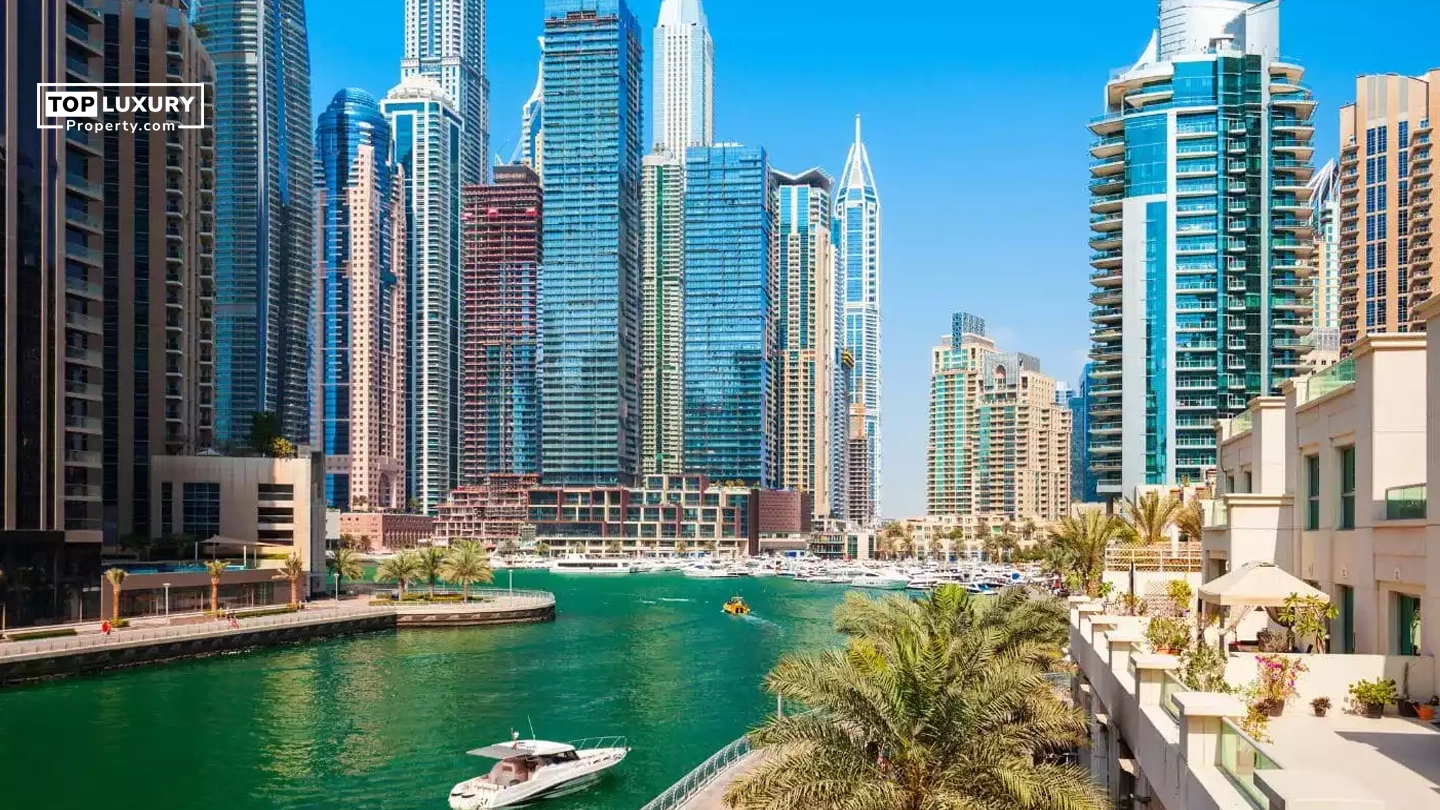GCC Grand Tourist Visa Introduction
The Gulf Cooperation Council (GCC) made a huge step forward in the country as a united tourism visa is now officially approved and most likely to be introduced in the future.
This effort has been named as the GCC Grand Tours Visa and it is an initiative similar to the Schengen visa system where the tourist is able to visit UAE, Saudi Arabia, Bahrain, Kuwait, Qatar, and Oman through a single visa.
The visa, which was announced by the UAE Minister of Economy Abdulla bin Touq Al Marri during the UAE Hospitality Summer Camp on June 16, 2025 will be touted as a breakthrough in integrating the region when it comes to travel. Al Marri pointed out that the single (GCC) tourist visa has been accepted and is now awaiting to be put in place hopefully soon.
Key Benefits of the GCC Grand Tours Visa

The harmonized visa is supposed to transform tourism because a tourist will be able to travel through all the six member states without any frustration; he or she will not be required to apply a visa to each country. The move will be aimed at:
- Make transnational travel easier
- Increase stay lengths of averages
- Market inter-country travel deals
- Increase expenditure on travels on the region
- Investment on fuel to extend hospitality and infrastructure
They envisage an explosion in the bleisure travel and expect that a greater number of professionals are likely to take advantage of the visa to travel to as many GCC countries as possible in the course of business trips.
How Will the GCC Visa Work?
The visa should entail the following although the implementation itself is being worked out by the Ministry of Interior and other concerned stakeholders:
- A nationalized process of filing visas (inclusive of eVisa)
- Harmonized immigration platforms of smooth entry/exit
- Equalization of visas in the six countries in terms of validity and price.
- Access and eligibility on the basis of nationalities which already have access to visa-on-arrival or eVisa access
This kind of operation arrangement will ensure that GCC travel becomes more simplified than usual.
Which Countries Are Included?

All the six nations of GCC will be included in the visa:
- United Arab Emirates (UAE)
- Saudi Arabia
- Bahrain
- Qatar
- Oman
- Kuwait
The seamless travel between these countries creates the opportunity of a unique regional tourist circuit, which brings together contemporary cities; heritage sites, beach resorts, deserts and mountain resorts.
Who Can Apply for the GCC Visa?

Although all the detailed and exacting eligibility conditions are in development, the visa could be focused on the following:
- Foreigners having visa to their countries
- Digital Nomads and Business travelers
- Leisure travelers who make tourism trips in more than one country
- Families and groups who want to have full vacations in the Gulf
This visa may in the future be extended to other nationalities since the streamlining of inter-governmental structuring seems to be under way.
Impact on UAE Real Estate on GCC Grand Tourist Visa
The single visa will be an advantage to UAE real estate especially in major international destinations in the country such as Dubai and Abu Dhabi, and new emerging Kaz lions among them the Ras al Khaimah. Here’s how:
- On more inflow of tourists, the demand in short-term rentals is increased too
- With 7.15 million visitors in Jan 25–Apr 25 (7% YoY) Dubai is emerging as a tourism kickoff in the Gulf region
- Increase in the demand of the so-called second-home by the high income GCC tourists who wanted to live in front of water locks.
- The UAE real estate investors can now sell their property as one of the bases of cross-travel within the GCC region
- Connectivity, amenities and the returns through the investment are factors that will make up projects in the Dubai Marina, Damac Lagoons and Emaar Beachfront in the case of increased attraction.
The visa further consolidates the desire of Dubai to emerge as a tourism and real estate tourism powerhouse owing to the fact that the UAE hospitality industry contributes to 833,000 jobs by the year 2024 and 1 million by the year 2030.






